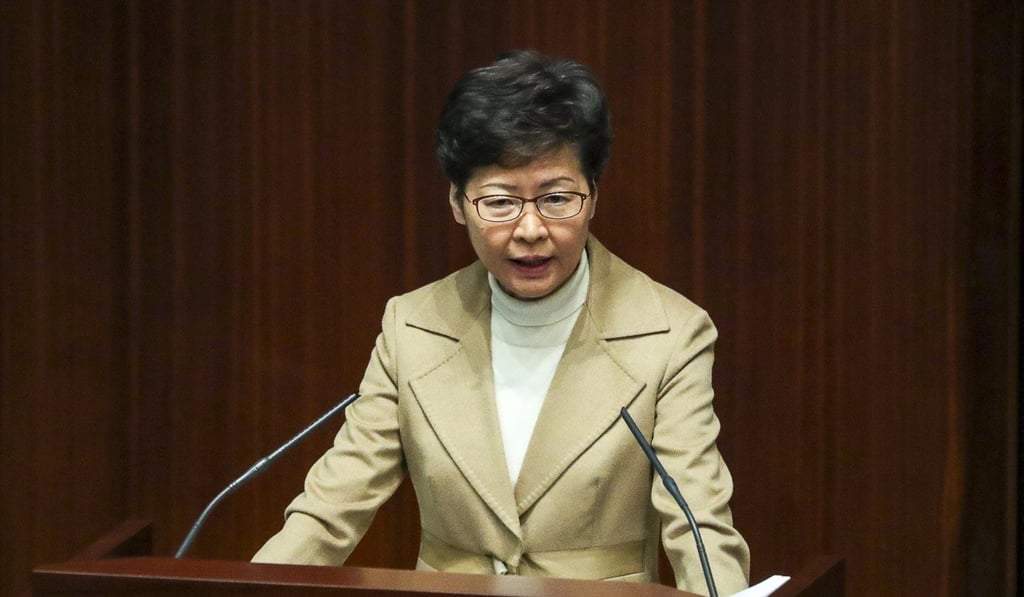Moody’s downgrades Hong Kong’s ratings, saying its ability to govern effectively has been eroded by protests
- Moody’s lowers the long-term issuer and senior unsecured ratings of Hong Kong
- The rating agency says the decision to downgrade came because of the government’s inability to resolve issues highlighted by the protests

Moody’s Investors Service has downgraded Hong Kong’s rating, citing concerns over the government’s lack of tangible plans to resolve the political and economic issues arising from the more than seven months of protests, dealing another blow to the city’s reputation as a business hub.
The rating agency lowered the long-term issuer and senior unsecured ratings of the Hong Kong government by one notch to Aa3 from Aa2, becoming the second agency to lower the city’s credit rating. In September, Fitch Ratings cut Hong Kong’s sovereign rating by one notch, to AA from AA+.
“The downgrade principally reflects Moody’s view that Hong Kong’s institutions and governance strength is lower than previously estimated,” Marie Diron, managing director of Moody’s sovereign risk group, and Martin Petch, vice-president and senior credit officer of sovereign risk group, said in a statement on Monday night.
Moody’s said the absence of tangible plans by the government to address the issues highlighted by the social unrest may reflect weaker inherent institutional capacity than it had previously assessed.

The rating agency added that despite the “one country, two systems” policy underpinning Hong Kong’s autonomy for the past two decades, the lack of clarity on how the government is tackling the political and economic issues as highlighted by the protests also suggests more significant constraints on the autonomy of the city’s institutions than previously thought.
Fitch too had raised doubts about the city’s governance under the “one country, two systems” principle amid continuing protests, an assessment stoutly rejected by the city’s leader Carrie Lam Cheng Yuet-ngor.